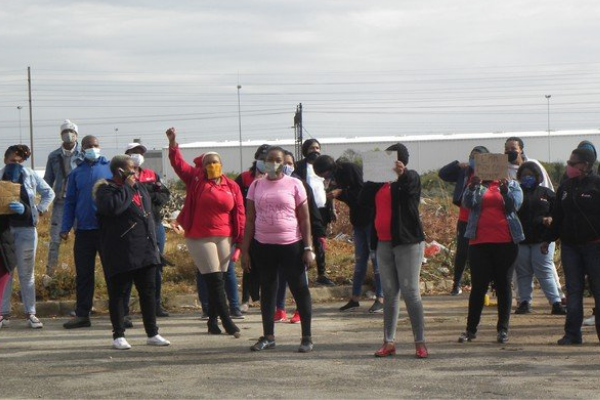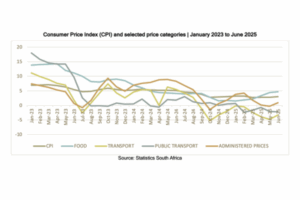This virus and its effects are still widely unknown, though experts around the world have ventured educated guesswork at the cost or economic lockdown. The Economist this week warned that flattening the curve through a total lockdown could ‘flatten economies’ in a way that’s more harmful than the pandemic itself.
President Muhammadu Buhari of Nigeria justified the slow reopening of the Nigerian economy: “Many of our citizens have lost their means of livelihood. Many businesses have shut down,” Buhari said. He added that “[n]o country can afford the full impact of a sustained lockdown while awaiting the development of vaccines.” And this is especially true for developing countries.
In South Africa, a group of scientists and actuaries have warned South African President Cyril Ramaphosa that if restrictive lockdown is not lifted, it would result in a ‘humanitarian disaster to dwarf Covid-19.’ The report presented to President Ramaphosa notes that ‘those who lose jobs, income and status tend in greater numbers to suffer depression, commit suicide and abuse drugs as a consequence.’
The International Labour Organisation (ILO) has released a report warning of the potential loss of up to 25 million jobs globally amid the economic effects of the COVID-19 crisis. General Secretary of Namibian Metal Worker Union, Justina Jonas, says that the union has received information from two companies wanting to retrench around 50 workers due to the pandemic. In Swaziland and Lesotho, Shoprite has forced workers in their non-essential stores to take unpaid leave.
Unions have not stayed silent on this issue. The President of South Africa’s largest trade union federation Cosatu, Zingiswa Losi, called on the government to impose a ‘moratorium on retrenchments in the private businesses it bails out during the Covid-19 pandemic’. Cosatu has also proposed that government, companies and financial institutions increase the economic stimulus to around ZAR 1 trillion (that’s around USD 53 billion). By increasing the economic stimulus, Cosatu says, the loss of jobs will be minimised. In addition to this, Cosatu has urged workers to down tools if their employers fail to provide adequate personal protective equipment (PPE) in line with government regulations.
Sun International (a large hospitality and gaming company in South Africa) proposed significantly reduced working hours and salaries to avoid mass retrenchment across its business. SACCAWU has publicly declared a dispute, citing the company’s unilateral decision making on the issue.
Without adequate social protections in place, extreme economic lockdown could mean even greater human cost than the virus itself. We cannot predict the end of the pandemic. Relying on an extended lockdown will create a new range of severe socio-economic problems. As a group of academics writes here: the choice between indefinitely extending a severe lockdown or not comes down to the public health and economic capabilities of the country. Whatever decision a country makes, it must be ‘compatible with the maintenance of a functioning economy.’ A functioning economy where jobs are secured, and where unions play an active role in determining business and country-level decisions on monitoring the pandemic.







